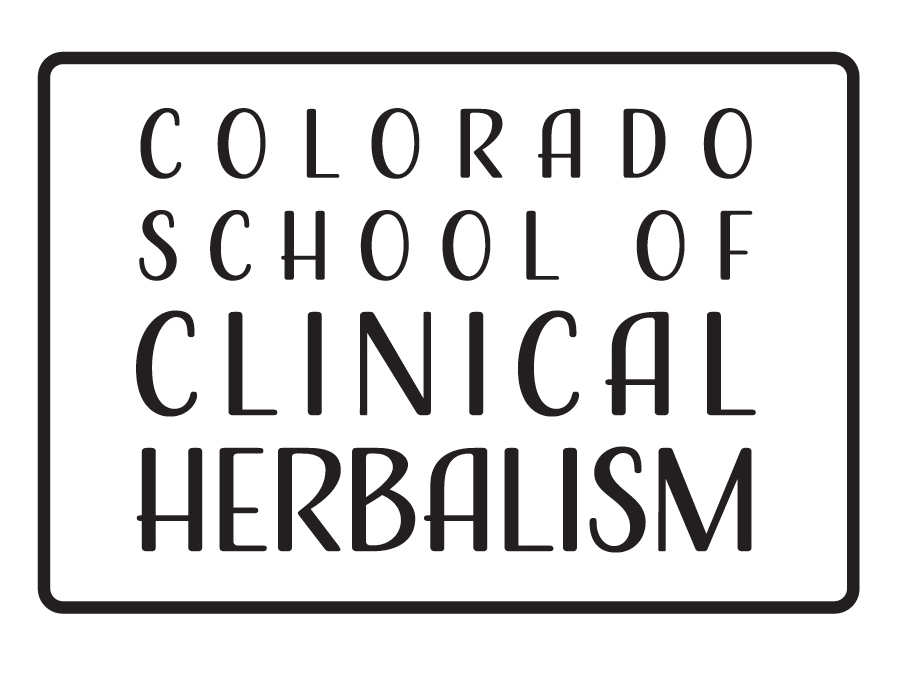
Pregnancy is one of those special times where we, as women, feel extra sensitive and cautious of the things we choose to do, what we eat, drink, etc. It is a time that inspires a woman to care for herself on a much deeper level, because of the life growing inside of her. Those nine months are a very sacred time, but we often forget how crucial it is to take that same love and attention while preparing for pregnancy. Many studies have shown that factors such as toxins, hormonal imbalances, nutritional deficiencies, etc. all have an influence on an egg of up to a minimum of 100 days prior to ovulation. With that being said, it is necessary to take some time, prior to conception, to support your state of health and cultivate a healthy “homb” for your future baby.
We can look at our bodies as being sort of like little sourdough starters. We set the stage for our children’s health and pass down our bacterial communities to future generations. So how can we optimize the health of our children, even before conception?
Self Care: It is important to remember that a mother’s relationship to her own body is significant in developing a healthy baby. Self care is crucial and it is essential to cultivate a healthy relationship with yourself first, when it comes to preparing for pregnancy. The feelings and thoughts of a pregnant mother are communicated through neurohormones to the unborn baby and can play a significant role in the child’s own emotional state. It is necessary to take the time to truly nurture yourself and reduce your stress levels as much as possible. Spend quiet time in Nature, dance, stay hydrated, get adequate amounts of rest, surround yourself with good company, and engage in things that give you joy.
Nutrition: When preparing for pregnancy, eating a diet that focuses on nourishing and building you up is one of the best changes you can make. Be sure to eat foods that are rich in iron and protein. Choose grass fed, organic meats and good fats such as avocados, nuts, seeds, and olive or coconut oil. It is important to include lots of dark, leafy greens such as kale, spinach, or chard, to supply the body with proper amounts of folate. Folate plays several roles in pregnancy, from supporting the growth of the placenta and fetus, to helping with the prevention of birth defects. Eating foods containing an abundance of healthy vitamins, minerals and nutrients will help provide the body with what it needs to reproduce.
Herbal Allies: A good way to send some nourishment to your womb during the months leading up to conception, is to prepare teas or infusions with herbs that are high in minerals and encourage uterine health.
- Rubus idaeus (Raspberry Leaf) is an excellent herb for pregnancy preparation as it helps strengthen and tone the lining of the uterus.
- Medicago sativa (Alfalfa), rooted in the Arabic word meaning “father of all foods,” contains a wide variety of important minerals and contains high amounts of chlorophyll which helps to nourish and cleanse the blood.
- Turnera diffusa (Damiana) has long been used by herbalists to encourage circulation and blood supply to the uterus in order to oxygenate cells and boost libido.
- Withania somnifera (Ashwagandha) is used to help nourish the ovaries and the uterus, as well as aid in healthy stress response.
- Avena sativa (Oat Straw) aids in soothing the nervous system and is a source of B vitamins.
Other therapeutics such as Mayan Abdominal Therapy, Self Fertility Massage and Castor Oil Packs can help bring attention to the womb and cleanse the energy there.
The gift of preconception care is really a beautiful thing, as it allows you to nurture yourself and support a strong, safe environment for your baby to bloom.
References:
http://natural-fertility-info.com
http://avivaromm.com
http://wellnessmama.com
“Wise Woman Herbal for the Childbearing Year” by Susun Weed
“A Holistic Guide to Pregnancy and Childbirth” by Deepak Chopra, MD
“Women’s Encyclopedia of Natural Medicine” by Tori Hudson, ND
The information contained in this article is not a substitute for the medical care of a licensed healthcare professional. Any health concerns should be discussed with your primary care provider.
